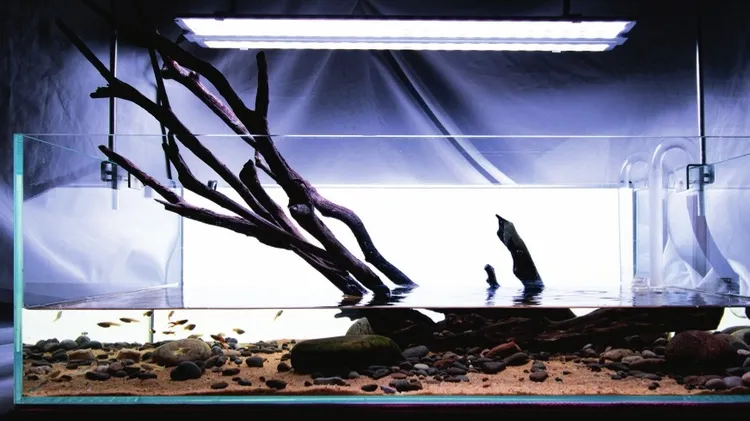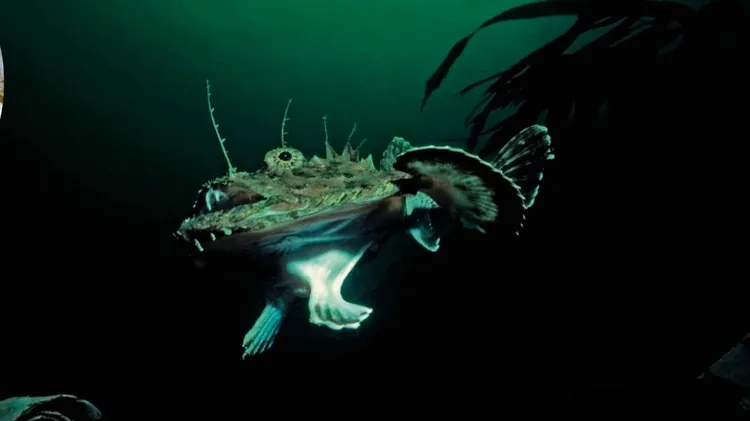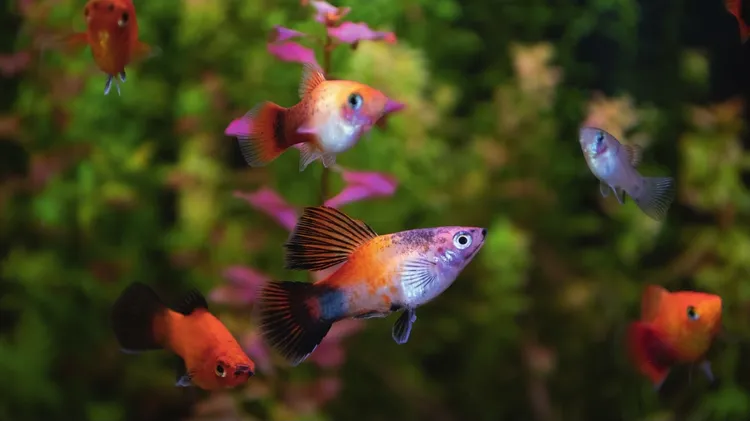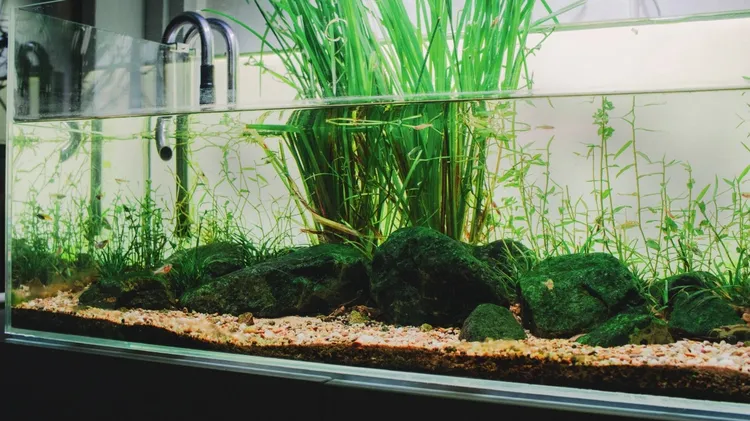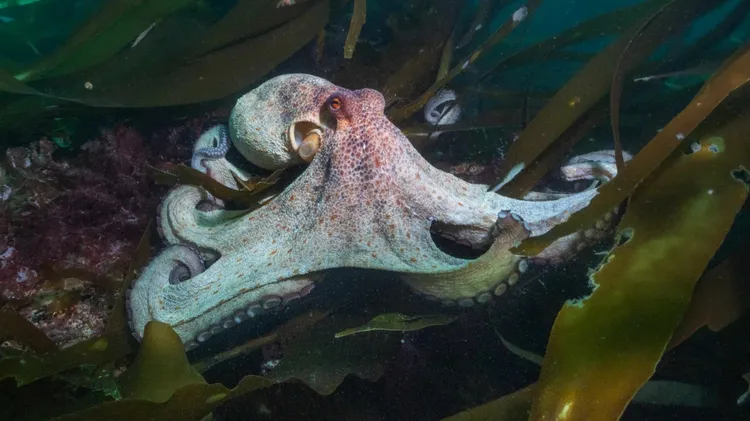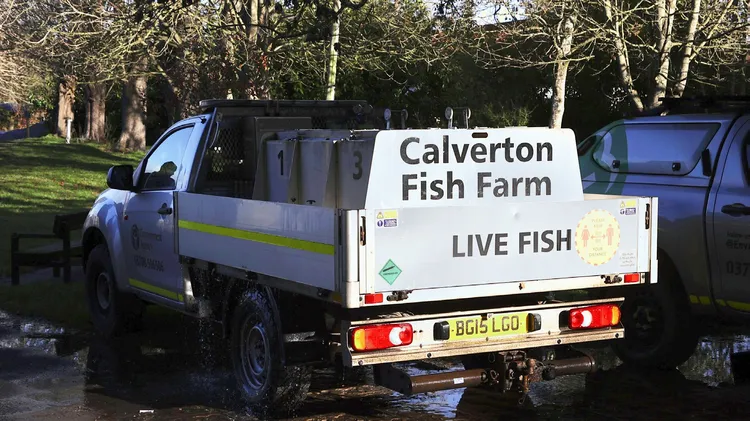Michel Keijman reports on a stunning African cichlid that’s a perfect aquari
Limbos in limbo
8 min read
This article is from...
Read this article and 8000+ more magazines and newspapers on Readly

